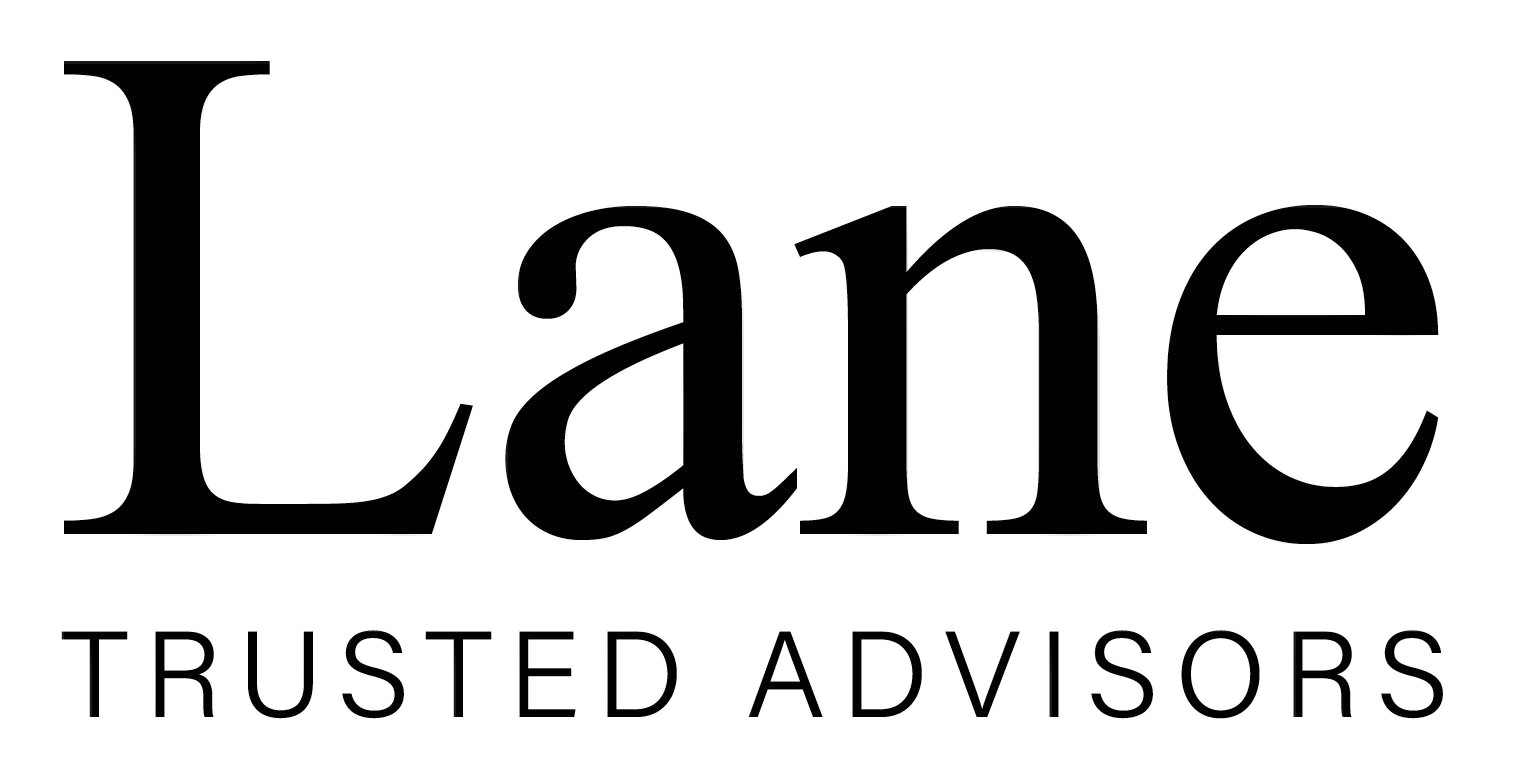April 16, 2012
Note: The comments shown below have been gathered from a number of sources and recent articles. The information has been provided for your guidance. We recommend that you seek tax and legal advice from professional service or contact us directly.
The business landscape is changing in the USA and the various State tax authorities are hungry for revenue. Many States, cities and towns are under extreme cash deficiencies and are looking in all the cupboards to find any loose change. While most Canadian enterprises selling into the USA concern themselves with federal tax requirements it is the 50 states that are particularly hungry for tax revenue. State authorities are increasingly sharing information with one another as well as US Customs and Border Protection and the Internal Revenue Service (IRS) to identify potential sources of revenue. Given that every state has different tax regulations that frequently change, one needs to carefully access filing and payment obligations when conducting or planning any kind of business across the border.
First some background! Canadian companies that conduct business in the USA are required to report and possibly pay federal taxes based on earned income. They’re frequently subject to state taxes also and possibly local taxes. Many Canadian owners mistakenly believe their companies are not subject to tax on US income unless it is earned through a permanent establishment in the country such as an office or factory. However, the IRS has a slightly different view – if a business owner, executive or other employee travels to the US and authorizes contracts while there, the company has earned income through a permanent establishment in the US. The concept of a permanent establishment is only relevant for US federal income tax purposes. Canadian companies are often liable for US state taxes at a lower threshold – where the company has ‘nexus’ (connection) with a state. Since nexus is not well defined and the threshold varies from one state to another more Canadian enterprises tend to be subject to state taxes than federal taxes. In fact, the level of activity that could be effectively connects income with an American trade or business can be quite low, including:
- Actively solicitation sales in the US
- Shipping goods to the US where title is exchanged
- Employees regularly travelling to the US for sales calls or to attend US trade shows where they
conduct marketing activities
- Employees travelling to the US to install or service products or to consult or provide training.
In some states nexus may even be established when a Canadian company delivers goods with its own vehicles. There have been cases where some state authorities have seized vehicles for non-payment of taxes.
The states are not bound by the Canada-US tax treaty, which prevents double taxation on the same income. To claim the treaty exemption, a Canadian company with active trade in the US – even it owes no taxes – must file a disclosure: IRS form 1120-F, US Income Tax Return for a Foreign Corporation. If US tax authorities later determine that income was earned through a US permanent establishment and the form wasn’t filed, the company will lose valuable rights. For starters, it would be taxed on its gross income and no deductions would be allowed, plus the IRS could impose hefty penalties.
When your company has or plans to have active business in the US – a few ideas to follow in order to reduce taxes payable and potential risk of penalties.
- Identify the potential tax consequences of your business activities
- Determine which state presents the best opportunities to minimize taxes on these activities.
- Devise appropriate business strategies to minimize taxation. Example – implications related to
doing business in the US through an independent agent, subsidiary, branch or other means will
differ.
- If you do not conduct business through a permanent establishment in the US, file IRS form 1120-F
and claim an exemption under the treaty.
- If you do conduct business through a permanent establishment, file all necessary US tax returns
- Monitor changes in relevant federal, state and local tax codes.
- Do not ignore correspondence from any US tax authority especially those from sates.
- Get advice from a tax expert to help you respond appropriately. Remember the vast majority of
local Canadian auditing groups have little or no knowledge in these areas.
The onus is on you and your Company to understand and follow the rules. You are going to the US to make money not give it away.

